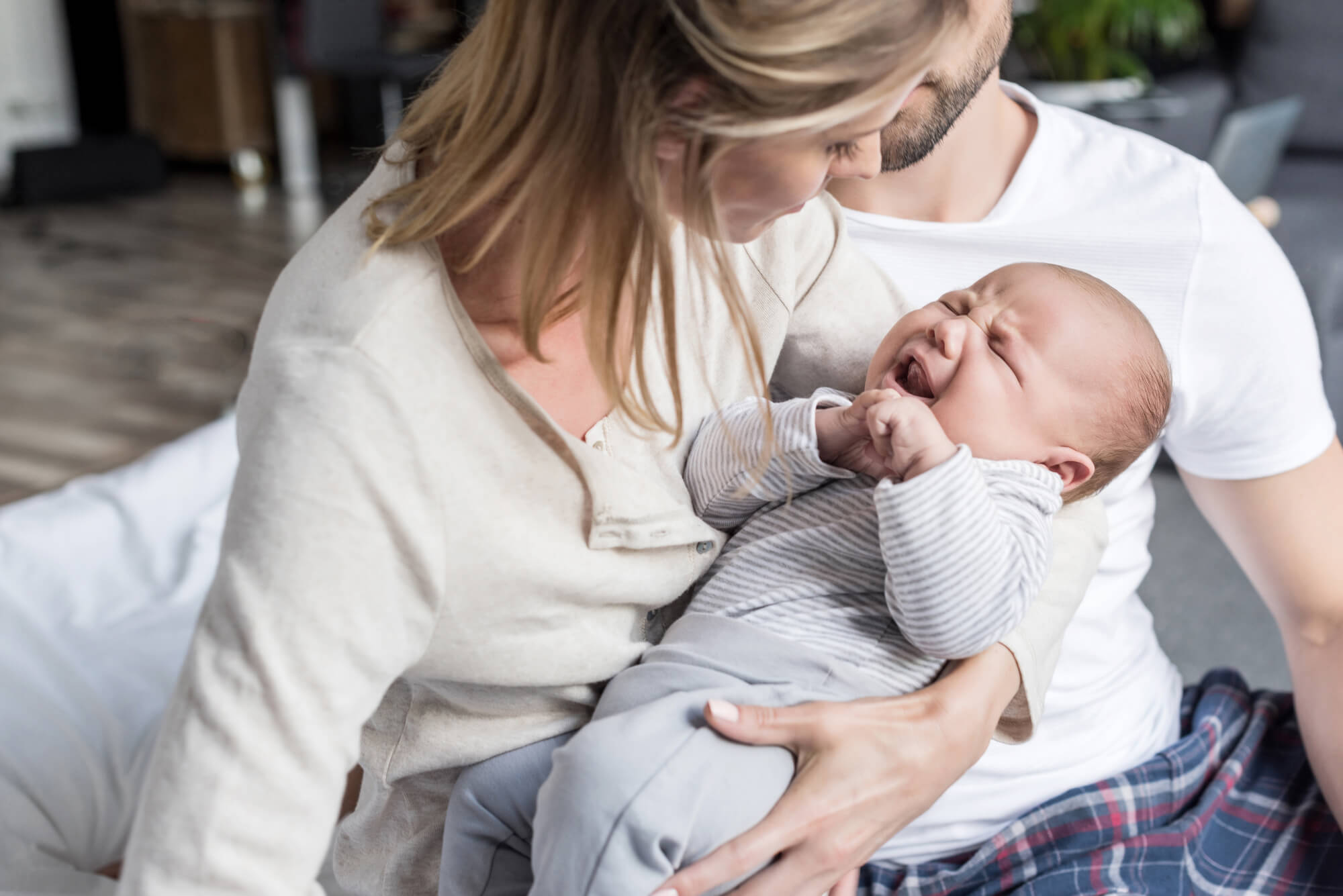There are many misconceptions about postnatal depression and until recently, it was widely undiscussed in society. Women felt the need to hide their feelings. The truth is, Postnatal depression is more than just the ‘Baby Blues’. It is important to understand what it is and spot the signs.
Postnatal depression is typically characterised by symptoms of sadness, fatigue, irritability and even a disinterest in life events. Postnatal Depression is a serious mood disorder that is comparable to Major Depressive Disorder. Postnatal depression can be diagnosed as early as 4 weeks after the birth of baby and can last for a long time postpartum. Like every mood disorder, there is much more to consider then just the symptoms. In order to truly understand it’s complexity, let’s look at Postnatal depression through the lens of biology, psychology, and society (a biopsychosocial model, if you will). Perhaps these different perspectives can normalise something that so many mothers experience.
Biology
Changes in the body after the birth of a child can be dramatic. Your body has had to adjust to support the little one inside of you and prepare for childbirth. Now your body is trying to heal and readjust. Hormones are trying to reset and your body is now trying to produce breastmilk. It would be safe to say that chemically things are just not the same. Not to mention the physical changes your body has undergone after labour. It takes a significant amount of time for your body to fully readjust. It took 9 months to grow a baby, and studies show that it can take 12 months for a woman’s body to physically recover and up to 2 years for the abdominal wall to fully recover.
Psychology
Having a child can have a huge impact on women psychologically. Your entire identity has been shaken to now include a child. Priorities are often drastically shifted. Insecurities are being highlighted. Not to mention the severe sleep deprivation and not recognising your body when you look in the mirror. The desire to isolate while you ‘get your body back’ or a fear of intimacy due to all of the physical changes may be common. It is common to feel lonely or rejected by loved ones once the baby is born. All of the attention and praise that was showered upon you during pregnancy is now gone. Now people may rush up to compliment your baby and innocently forget to even say hello to you.
Social
Society has made postnatal depression somewhat of a taboo subject. Luckily with the increased awareness in mental health and some vocal celebrities, the conversation is becoming louder. In general, society has done nothing but add to the problem by glorifying unrealistic expectations of post baby life. An immediate return to a pre baby body is expected. The dreamy photo shoots of a perfect life with a tiny sleeping baby is incredibly unrealistic. These social pressures simply push women into isolation with a fear that ‘Perhaps something is wrong with me? Why is this harder than I thought?’ It is only when we recognise these outrageous postnatal expectations that we have the strength to admit that we don’t have to live up to them.
Postnatal depression has so many complicated factors that are intertwined. It is hard to pinpoint a singular cause or find a ‘sure way’ to prevent it. The important thing is to normalise this condition and give women the strength to ask for help. Perhaps the conversation can help reduce the societal impacts that contribute to postnatal depression. If you feel overwhelmed as a new mother and fear you may be experiencing postnatal depression, know that you are not alone. Book in a time to speak to a psychologist; contact us on (02) 6262 6157 or book an appointment online.
Related reading:
